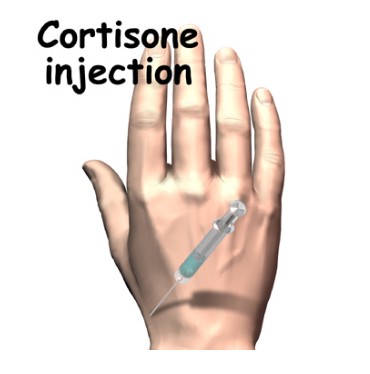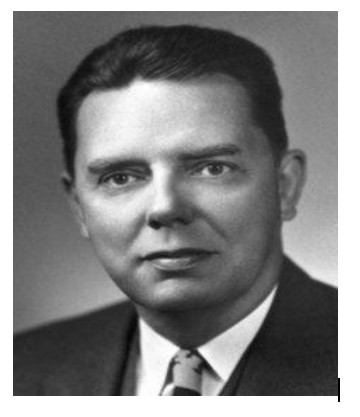Many among us would have heard scary stories about using steroids.This includes the neighbourhood aunty who says that she knows someone who had kidney failure due to steroids, to your family doctor who frets and worries when he hears that you have been started on the steroids. However, below we highlight 5 important reasons why you do NOT need to fear the word steroids.

- Steroids is a very very general term:- There are several type of steroids. Technically or medially they can be divided into 4 main categories. 1) There are estrogens and progesterone as well as the well known testosterone (which are female and male hormones). 2) There are anabolic steroids; 3)There are mineralocorticoids like aldesterone. 4) Last but not least there are glucocorticoids which in the remainder of this article will be mentioned as corticosteroids. Corticosteroids are used by many specialists including rheumatologists. All of the these different types of steroids vary in structure with each having variable actions in different parts of the body

2. Steroids DO have many benefits:- Steroids such as estrogens and progesterones are needed for normal female health and normal pregnancy. Steroids such as aldosterone help control your blood pressure and level of sodium and potassium in your blood. Corticosteroids are used by many specialists including rheumatologists to help control inflammation (or swelling) in several organs.The body normally produces corticosteroids to help control unnecessary inflammation. Animals (and humans) who are not able to produce corticosteroids die whenever they are exposed to stress.
3. Only one type of steroids are abused by athletes:- Anabolic steroids are the steroids which are abused by athletes. They have been known to have many serious side effects include causing kidney issues. These are the steroids that many people are scared of. However, these are rarely, if ever, used by doctors. The side effects of anabolic steroids is not seen in other steroids. This is because, as highlighted in point 1, each type of steroid is very different from another.

4. The person who DISCOVERED cortico-STEROID won a NOBEL PRIZE:- Corticosteroids is the common type of steroid which is used by various specialists including rheumatologists. Dr Philip Hench won the Nobel prize for discovery of corticosteroids. He, himself was a rheumatologist. However doctors did not know initially how to use corticosteroids and hence many people suffered side effects due to IMPROPER use. The side effects were then blamed on Dr Hench’s discovery, i.e. the medications, rather than their ignorance of their users. Dr Philip Hench was quite distraught that people were misusing his discovery. He succumbed to his grief and died by suicide.Today corticosteroids continue to be used safely by various specialists for differing diseases. Doctors have got better at predicting and preventing the side effects of corticosteroids. It is imperative that patients not self medicate with these medications and take these medications under the supervision of a qualified specialist only.

5. VITAMIN D is also a steroid: Surprise surprise VITAMIN D which is essential for bone and muscle strength is also a type of steroid.Thus you can see that some steroids are really useful. They vary in structure and have different actions. Though anabolic steroid abuse among athletes has been shown to cause a lot of harm to the body including kidney problems, similar problems have not been found in other steroids. Corticosteroids is the common type of steroid which is used by many specialists including rheumatologists. They can also cause problems if NOT used properly. With proper and judicious use, your doctor can ensure you can enjoy the benefits but not the harms of corticosteroids. Remember Vitamin D is also a steroid. So don’t be scared of the term STEROIDs anymore. Remember what Shah Rukh says in his famous movie. “My name is Khan but I am not a terrorist”. So I would say to you. “Just because something is named a steroid do NOT be terrorized by it”














Leave a Comment